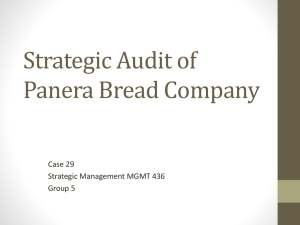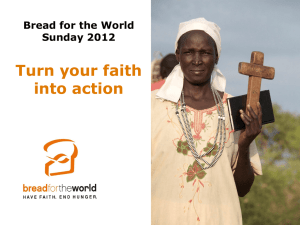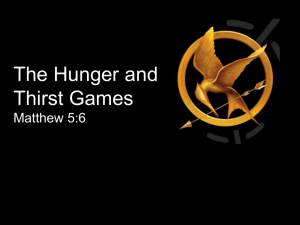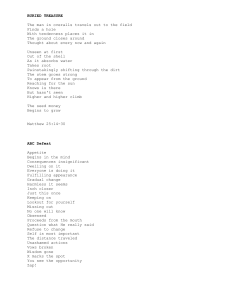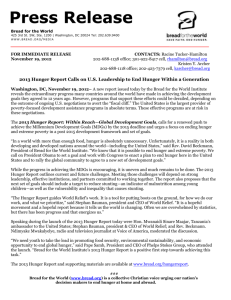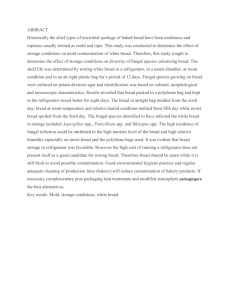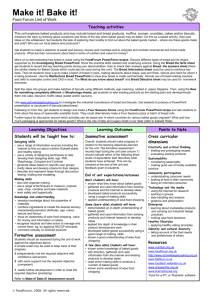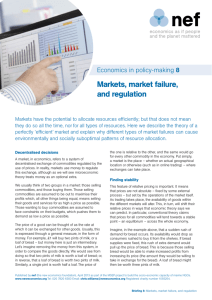Mr - Nederlandse Vrouwenraad
advertisement
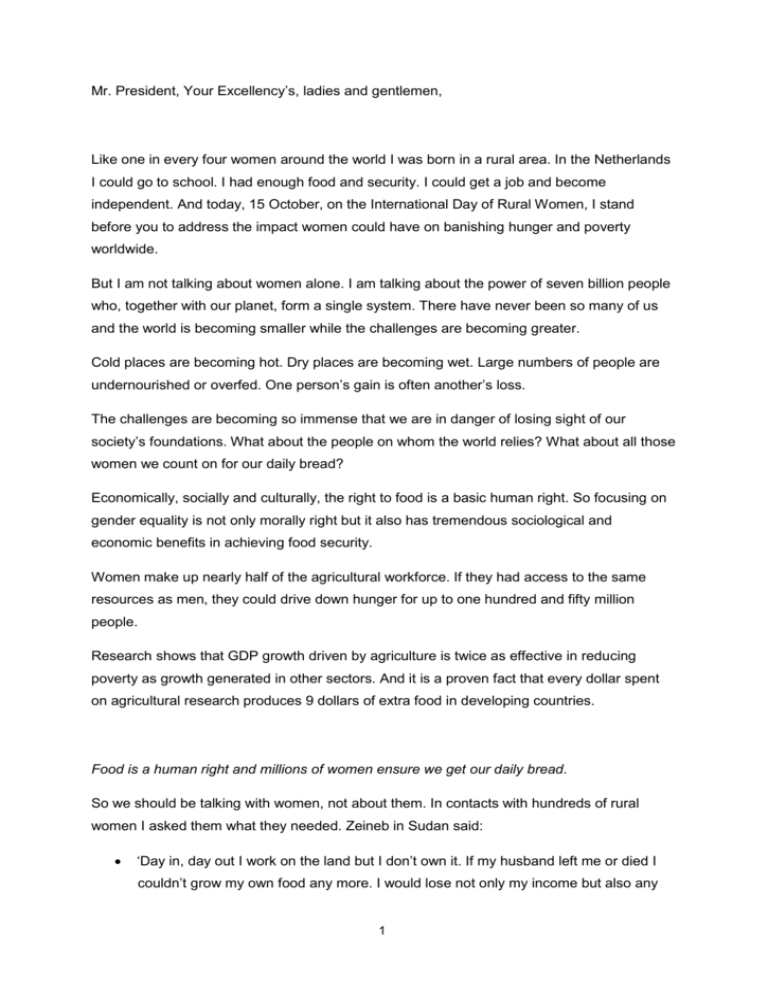
Mr. President, Your Excellency’s, ladies and gentlemen, Like one in every four women around the world I was born in a rural area. In the Netherlands I could go to school. I had enough food and security. I could get a job and become independent. And today, 15 October, on the International Day of Rural Women, I stand before you to address the impact women could have on banishing hunger and poverty worldwide. But I am not talking about women alone. I am talking about the power of seven billion people who, together with our planet, form a single system. There have never been so many of us and the world is becoming smaller while the challenges are becoming greater. Cold places are becoming hot. Dry places are becoming wet. Large numbers of people are undernourished or overfed. One person’s gain is often another’s loss. The challenges are becoming so immense that we are in danger of losing sight of our society’s foundations. What about the people on whom the world relies? What about all those women we count on for our daily bread? Economically, socially and culturally, the right to food is a basic human right. So focusing on gender equality is not only morally right but it also has tremendous sociological and economic benefits in achieving food security. Women make up nearly half of the agricultural workforce. If they had access to the same resources as men, they could drive down hunger for up to one hundred and fifty million people. Research shows that GDP growth driven by agriculture is twice as effective in reducing poverty as growth generated in other sectors. And it is a proven fact that every dollar spent on agricultural research produces 9 dollars of extra food in developing countries. Food is a human right and millions of women ensure we get our daily bread. So we should be talking with women, not about them. In contacts with hundreds of rural women I asked them what they needed. Zeineb in Sudan said: ‘Day in, day out I work on the land but I don’t own it. If my husband left me or died I couldn’t grow my own food any more. I would lose not only my income but also any 1 status or any influence I have in the community. Please make it possible for me as a woman to own our land or I’ll never be independent.’ Greetje from the Netherlands says: ‘As a woman, I was expected to look after the children. University was no option. A women’s organisation really helped me to stand up for my rights. They gave me practical advice and access to a network that helped me progress. It’s important for women to be educated and well organised. You develop, pool your efforts and gain a firm place in society.’ Rosa from Guatemala says: ‘My family has known how to grow grain on this land for generations. But now sometimes the rains arrive late or not at all, making the yield completely unreliable. I have no idea what kind of seeds, fertilisers and methods I need for these conditions. I can’t even harvest enough for my own family any more. I need to be informed about the newest developments.’ Food is a human right and millions of women ensure we get our daily bread. You can imagine therefore how astonished and disappointed we women were when this year’s UN Commission on the Status of Women failed to reach an agreement. What will the impact be on developments around the world if we don’t work together to establish women’s rights? In my search for an answer I spoke to academics, politicians, business people, NGOs, policymakers and a variety of experts. They all call for an agenda for cooperation with rural women, a proper use of technology and our planets resources and a focus on wellbeing instead of unbridled growth. Food is a human right and millions of women ensure we get our daily bread. So we must create a world in which women’s empowerment will be an integral part of our day-to-day life, work and thinking. A world in which there is no need for a 5th World Conference on Women, to advance their rights. Couldn’t that simply be replaced by every country appointing its own women’s representative? Women’s position should be a given. There is not only a world to win but it is also vital as long as honour killings, child marriages and denial of access to sexual and reproductive health and rights are commonplace. In particular in rural areas. 2 Dutch women call on you, the governments, the private sector and civil society to pay attention to women’s voices. We call upon 7 billion people to listen to the simple questions of women -like Zeineb- who must get the opportunity to play a vital role in solving complex global issues. Food is a human right and millions of women ensure we get our daily bread while they are hungry and amongst the poorest themselves. If you close your eyes to the tremendous potential and the needs of women there will never be global peace and security. Political goals call for political measures. And this responsibility lies with you. Thank you. * * * 3


